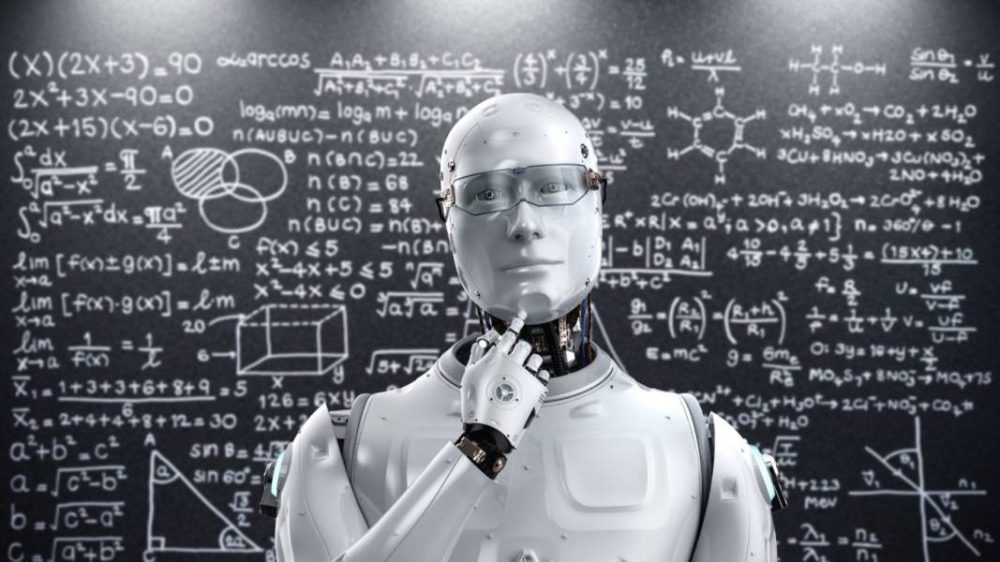Artificial Intelligence (AI) is reshaping various industries, and education is no exception. The integration of AI in education is revolutionizing traditional teaching methods, enhancing the learning experience, and addressing individual student needs more effectively. This article explores how AI is influencing the education sector, focusing on personalized learning, automated grading, intelligent tutoring systems, language learning, and the use of virtual and augmented reality.

Personalized Learning
Personalized learning involves tailoring educational experiences to meet the individual needs, strengths, and weaknesses of each student. AI-powered adaptive learning systems play a crucial role in this process. By analyzing data on student performance, learning styles, and preferences, these systems can adjust the curriculum in real-time. This personalized approach not only improves academic performance but also increases student engagement.
According to a report by Education Growth Advisors, the global adaptive learning software market is expected to reach $3.2 billion by 2023, growing at a Compound Annual Growth Rate (CAGR) of 24.5% from 2018 to 2023 . These figures highlight the rapid adoption of adaptive learning technologies in educational institutions worldwide.
Automated Grading and Feedback
Grading assignments, essays, and tests can be time-consuming for educators. AI offers a solution by automating these tasks, providing instant feedback to students, and allowing teachers to focus on more interactive and creative aspects of teaching. AI algorithms can evaluate written responses, recognize patterns, and assess the correctness and quality of answers.
A study conducted by the University of Oxford demonstrated that AI systems could grade essays as accurately as human graders . This technology not only streamlines the grading process but also ensures consistency and reduces potential biases.
Intelligent Tutoring Systems (ITS)
Intelligent Tutoring Systems (ITS) are AI-driven platforms that provide personalized tutoring to students. These systems adapt to the learner’s pace, identify areas of difficulty, and offer targeted assistance. ITS can simulate one-on-one tutoring experiences, making education more accessible and effective.
A meta-analysis of 66 studies on ITS found a significant positive effect on students’ academic performance, with an average effect size of 0.66 standard deviations . This evidence underscores the potential of ITS to enhance learning outcomes, especially in subjects where students may struggle.
Language Learning
AI has made significant strides in language learning by powering applications and software that offer personalized feedback on pronunciation, grammar, and vocabulary. These tools use natural language processing and machine learning algorithms to assess and improve language skills.
Research from the University of Cambridge found that AI-powered language learning apps can be as effective as human tutors in improving language skills . This finding suggests that AI can democratize language learning, making it more accessible to a broader audience.
Virtual Reality (VR) and Augmented Reality (AR)
AI enhances Virtual Reality (VR) and Augmented Reality (AR) experiences in education by creating immersive and interactive learning environments. VR and AR can simulate real-world scenarios, providing students with hands-on experiences that traditional classrooms cannot offer.
A report by Goldman Sachs predicts that the global VR and AR market in education will reach $700 million by 2025 . These technologies are particularly useful in fields such as medicine, engineering, and history, where practical experience is essential for understanding complex concepts.
Challenges and Considerations
While AI offers numerous benefits in education, it also presents challenges that need to be addressed. These include concerns about data privacy, the potential for algorithmic biases, and the need for proper training and support for educators using AI tools. It is crucial to implement ethical guidelines and best practices to ensure that AI is used responsibly and effectively in educational settings.
Conclusion
The integration of AI in the education sector is transforming the way teaching and learning are approached. From personalized learning and automated grading to intelligent tutoring and immersive VR experiences, AI is enhancing educational practices and outcomes. As technology continues to evolve, it is essential to address the associated challenges and ensure that AI-driven tools are used to their full potential, benefiting both educators and students.
References
- Education Growth Advisors. “Adaptive Learning Market Accelerating.”
- University of Oxford. “Artificial Intelligence Can Grade Essays as Accurately as Expert Graders.”
- ResearchGate. “Effectiveness of Intelligent Tutoring Systems: A Meta-Analytic Review.”
- University of Cambridge. “AI-Powered Language Learning Apps Are as Effective as Human Tutors in Improving Language Skills.”
- Goldman Sachs. “Virtual and Augmented Reality in Education Market Report.”
HedgeThink.com is the fund industry’s leading news, research and analysis source for individual and institutional accredited investors and professionals


































